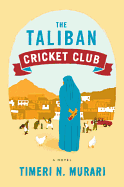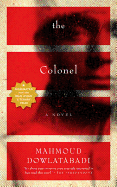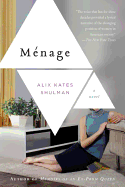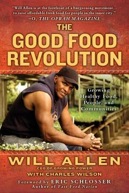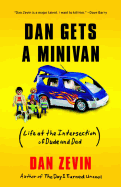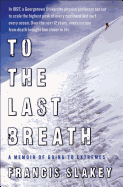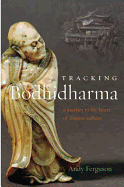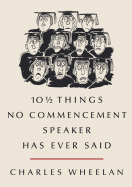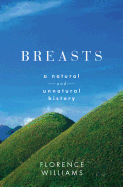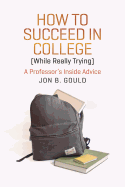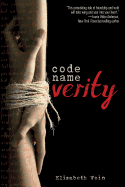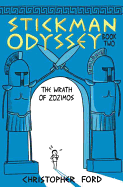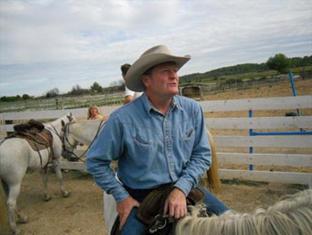 Craig Johnson is the author of the Sheriff Walt Longmire novels, including The Cold Dish, Death Without Company, Kindness Goes Unpunished, Junkyard Dogs, The Dark Horse and Hell Is Empty. Another Man's Moccasins received the Western Writer's of America Spur Award for best novel of 2008 as well as the Mountains and Plains award for fiction book of the year. The A&E TV series Longmire, based on Johnson's novels, premieres Sunday, June 3.
Craig Johnson is the author of the Sheriff Walt Longmire novels, including The Cold Dish, Death Without Company, Kindness Goes Unpunished, Junkyard Dogs, The Dark Horse and Hell Is Empty. Another Man's Moccasins received the Western Writer's of America Spur Award for best novel of 2008 as well as the Mountains and Plains award for fiction book of the year. The A&E TV series Longmire, based on Johnson's novels, premieres Sunday, June 3.
Johnson is a board member of the Mystery Writers of America. He lives in Ucross, Wyo., population 25.
His latest Walt Longmire mystery, As The Crow Flies (Viking), begins as Sheriff Longmire--scouting locations for his daughter's wedding--watches in horror from below as a young woman falls to her death from a cliff on the Northern Cheyenne reservation. The baby she clutched in her arms survives the fall, and the rest of the book follows Longmire's investigation of the crime while his daughter arrives in town to finalize her wedding plans.
Tell us a little about yourself.
I have the advantage of waking up in Walt's world every morning. I walk out and I hear the meadowlarks calling, I smell the same air that he smells, I look at the same snow on the mountains that he sees. It's nice. I think if I was trying to do this from New York or L.A. it might be a little bit more difficult. But being in his world is helpful. I think it also grounds the books to a certain extent.
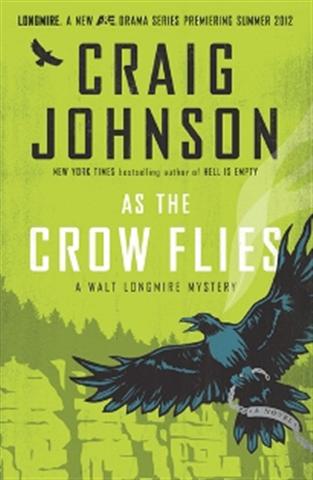 As The Crow Flies is your eighth Walt Longmire book. How does it compare to the previous books?
As The Crow Flies is your eighth Walt Longmire book. How does it compare to the previous books?
This one is a little bit different from any of the others. Usually the books take place in fictitious Absaroka County down here in Wyoming. There's a lot of Indian interaction in my books because my ranch is centrally located between the Lakota, the Northern Cheyenne, the Crow, the Shoshone and the Arapaho reservations. They're pretty much all around us, so this one was an opportunity to actually go on the Northern Cheyenne reservation, where I have a lot of friends, and have the whole book take place on the reservation.
The impetus for As The Crow Flies was this story I had read about an Iraqi war vet who had come back and the difficulties he was having, and the domestic violence that was rampant in a lot of these situations. Then up on the Rez, it becomes even more poignant, because you're talking about an area that's the size of Vermont or New Hampshire that only has about 2,000 people in it and each one of the issues that these people face becomes very personal very quickly.
What I found interesting about As The Crow Flies was that it didn't feel like a cowboy novel--not to disparage cowboy novels in any way, but it felt very much like a modern novel.
I think what it is a lot of it is that I'm kind of walking a fine line between two genres. I mean, I'm writing two types of books: I'm writing westerns and I'm also writing crime fiction. Those are two very big genres with very weighty histories and both these genres have a great deal of baggage that you'd better be aware of. When you go into writing about either one, you have to have a knowledge of the history of the genre, because people have preconceived notions, stereotypes and clichés, and all these things that they are carrying with them.
I think the trick at that point is to acknowledge that baggage, acknowledge that high context kind of a relationship that both you and the reader have with the material, and then do something different with it. Try and make the characters supersede the cliché, let them become more real than the cliché allows them to be. It kind of allows you to lampoon a little bit, but also to treat it with a certain amount of respect. One of the things I think is really important is to surprise yourself and to surprise the reader, because if you're not doing that, then, my god, why do it?
The novel has some amazing characters in it, most notably Walt's friends who live on the reservation. Tell us about them.
I basically steal all of these people I know from up on the Rez--Henry Standing Bear is based off of a good friend of mine, Marcus Red Thunder. The amazing sense of humor that Marcus has, I just steal it completely for Henry.
One of the big things for me, especially with the Northern Cheyenne, is their incredible sense of humor. Nine times out of 10, Indians are portrayed as these humorless, dour kind of characters. Boy, that's none of the Indians that I know.
For example, I was up on the Rez last summer, I spent a couple of weeks up in a cabin up there just hanging out with my buddies and everything, and we were driving up 212 from the Black Hills up to the Custer battlefield. It's the main road that cuts through the Northern Cheyenne and Crow reservations. And we're driving along, and we look on the side of the road and there's this kid walking on the side of the road. And he's like 10 or 11 years old and he's only got one shoe on! And so Marcus says, "Pull over, I know this kid."
So I pull the truck over, Marcus hangs out the window and goes, "HEY YOU LOST YOUR SHOE!" and this kid turns around with this big, beatific smile on his face and goes, "No, I found one!" That's a classic example of the humor, it's so emblematic of this defeated but spirited will-not-be-destroyed kind of attitude that the Indians have. Which to me is just really impressive as hell cause of what they've gone through and what they've put up with. The fact that they still have that kind of a sense of humor is astounding to me.
Why do you tell these particular stories? What are they about in the big picture?
I think one of the main precepts that Walt has for enforcing the laws in his county is that there isn't any sliding rule for justice; he's very evenhanded. Everybody gets a fair shake, everybody is on the same level playing field. I think that's one of the things that comes across in every one of the books.
It's also another kind of opportunity to reveal something about the place where I live. Because to me, everybody pretty much thinks that Wyoming/Montana is cowboys and Indians. But there are a lot of different layers to the society and the culture out here. This book particularly revealed a lot of things simply because it takes place up on the reservation. I couldn't overly romanticize the place or the people. If you love a place and you love a people like that and you want to write about it, the only thing that it really demands of you is a sense of honesty. --Rob LeFebvre
Part 2 of our interview with Craig Johnson will run Friday.
Craig Johnson: Walt's World
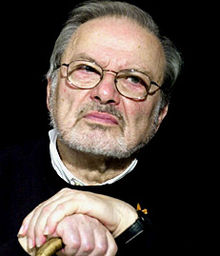 Legendary picture-book creator Maurice Sendak died on May 8 at age 83. Though he illustrated more than 80 books for children, he is perhaps best known for his 1964 Caldecott winner, Where the Wild Things Are, a watershed title in children's literature.
Legendary picture-book creator Maurice Sendak died on May 8 at age 83. Though he illustrated more than 80 books for children, he is perhaps best known for his 1964 Caldecott winner, Where the Wild Things Are, a watershed title in children's literature. 


 Craig Johnson
Craig Johnson As The Crow Flies is your eighth Walt Longmire book. How does it compare to the previous books?
As The Crow Flies is your eighth Walt Longmire book. How does it compare to the previous books?  When I received the galleys of
When I received the galleys of 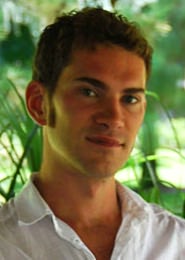 Steven John spent five years working in Hollywood at a top talent agency before he decided to become a full-time novelist. Born in Alexandria, Va., he now lives near Los Angeles with his wife. His first novel, Three A.M., a dystopian noir thriller, was recently published by Tor.
Steven John spent five years working in Hollywood at a top talent agency before he decided to become a full-time novelist. Born in Alexandria, Va., he now lives near Los Angeles with his wife. His first novel, Three A.M., a dystopian noir thriller, was recently published by Tor.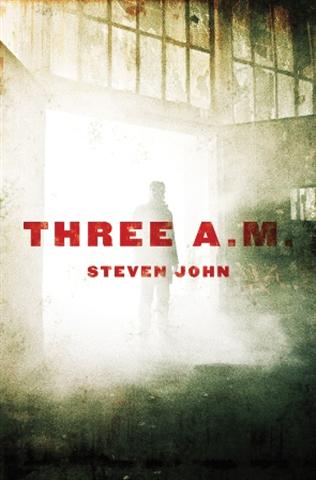 Book you've bought for the cover:
Book you've bought for the cover: 